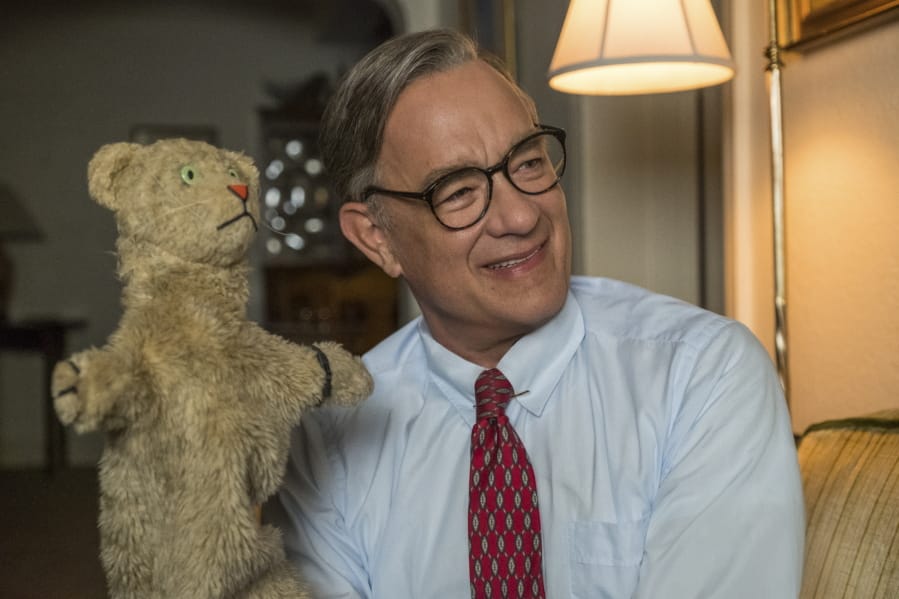SPOKANE — Fred Rogers was a man of routine.
When an episode of “Mister Rogers’ Neighborhood” was coming to a close, he changed out of his idiosyncratic cardigan and sneakers while singing.
“You always make each day such a special day,” Rogers would say as he made direct eye contact with the child watching on the other side. “Do you know how? By just your being you. There’s only one person in the whole world like you. That’s you, yourself.”
For decades, even if a child heard no other kind words all day, they could count on hearing some from the friendliest man in the neighborhood.
Lisa Hoxie, a School of Education lecturer at Whitworth University, said Rogers looked at children holistically and was undeniably ahead of his time. She plays his videos for her students as a model of an educator who understood how children should be treated.



